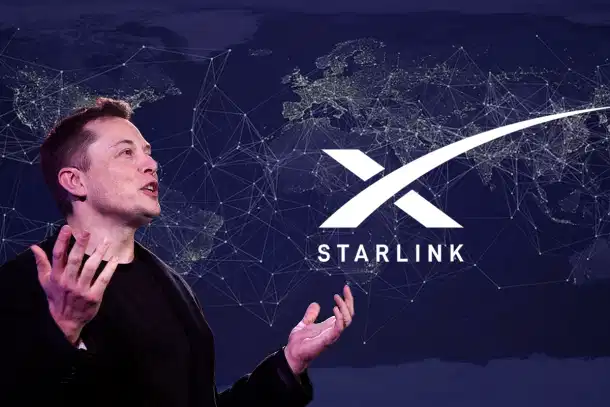Starlink Disconnects South African Users Over Unauthorized Access
In a significant development, SpaceX’s Starlink, the satellite internet service spearheaded by Elon Musk, has begun suspending accounts of South African users who accessed the service through unauthorized means, primarily international roaming plans.

This move, reported widely in early June 2025, follows a stern warning from South Africa’s telecommunications regulator, the Independent Communications Authority of South Africa (ICASA), which declared such usage illegal. The decision has left thousands of South Africans, particularly in remote areas reliant on Starlink’s high-speed internet, in a digital limbo, highlighting the complex interplay of regulatory compliance, technological access, and economic policy in the region.
Starlink’s suspension of services stems from South Africa’s strict regulatory framework, which requires foreign telecommunications companies to comply with Black Economic Empowerment (BEE) laws. These laws mandate that companies allocate at least 30% ownership to historically disadvantaged groups, primarily Black South Africans, to address economic inequalities rooted in the apartheid era. Starlink, which has not yet secured an official license to operate in South Africa, has faced significant hurdles due to these requirements. For over two years, South African users bypassed this barrier by subscribing to Starlink’s roaming plans, such as Roam Unlimited and Global Roaming, often registering their accounts in neighboring countries where Starlink is licensed, like Zimbabwe, Mozambique, or Eswatini. However, ICASA’s crackdown has prompted SpaceX to terminate these accounts, with users receiving notices stating that their service was suspended for operating in an “unauthorized territory.”

The impact of this disconnection is profound, particularly for rural communities and businesses that have come to depend on Starlink’s unrivaled speeds and low latency for connectivity in areas where traditional broadband infrastructure is unreliable or nonexistent. South Africa’s internet landscape has long been plagued by high costs and inconsistent service, making Starlink’s satellite-based solution a game-changer for many. The abrupt cutoff has sparked frustration among users, with some taking to social media to voice their discontent, arguing that the service filled a critical gap in the country’s digital infrastructure.
The regulatory standoff has also reignited debates over South Africa’s BEE policies. Elon Musk, a South African-born billionaire, has been vocal in his criticism, controversially claiming that Starlink was barred from operating because he is not Black, a statement that drew sharp rebuke for oversimplifying the issue. Critics argue that Musk’s remarks ignore the historical context of BEE laws, designed to redress decades of systemic exclusion.

Meanwhile, supporters of easing these regulations, including Communications Minister Solly Malatsi, propose “equity equivalent” initiatives—such as investments in local infrastructure or job creation—as alternatives to direct ownership. This proposal, gazetted in May 2025, has sparked political backlash, with opposition parties like the Economic Freedom Fighters and members of the African National Congress accusing the government of bending rules to favor foreign corporations, particularly in light of diplomatic engagements with the United States, where Musk has close ties to President Donald Trump.
The situation is further complicated by concerns from South Africa’s scientific community. Astronomers working with the Square Kilometre Array (SKA), a major radio telescope project, have urged regulators to impose conditions on Starlink’s potential licensing to prevent its low-orbit satellites from interfering with critical astronomical observations. These competing interests—economic transformation, digital inclusion, and scientific research—underscore the challenges of integrating global tech solutions into South Africa’s unique socio-political landscape